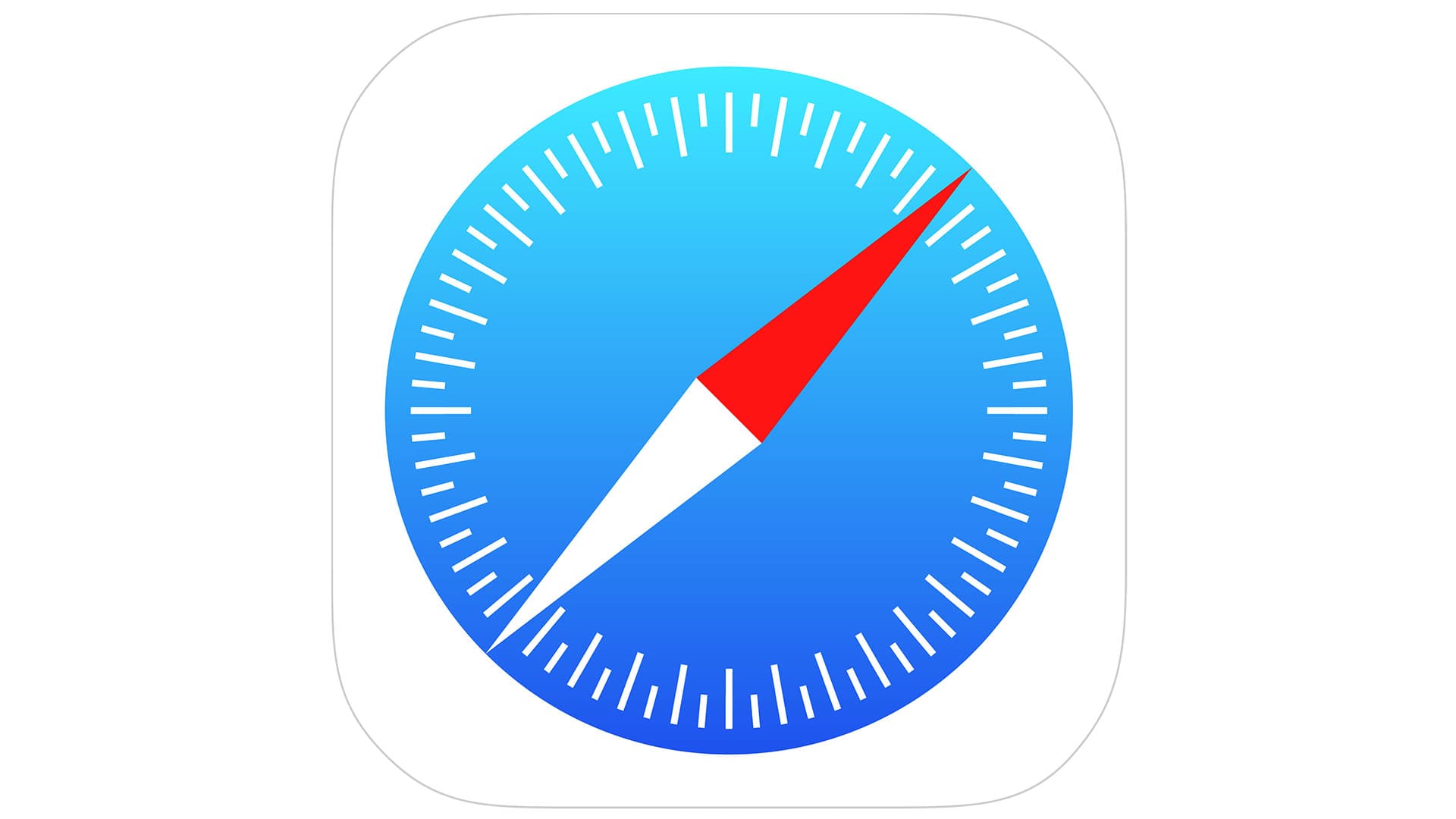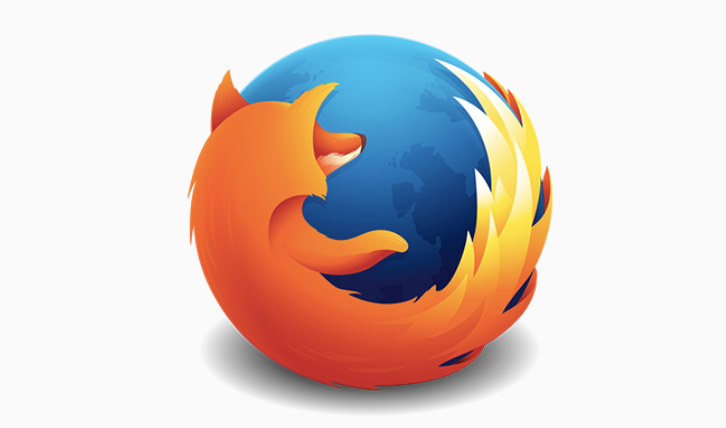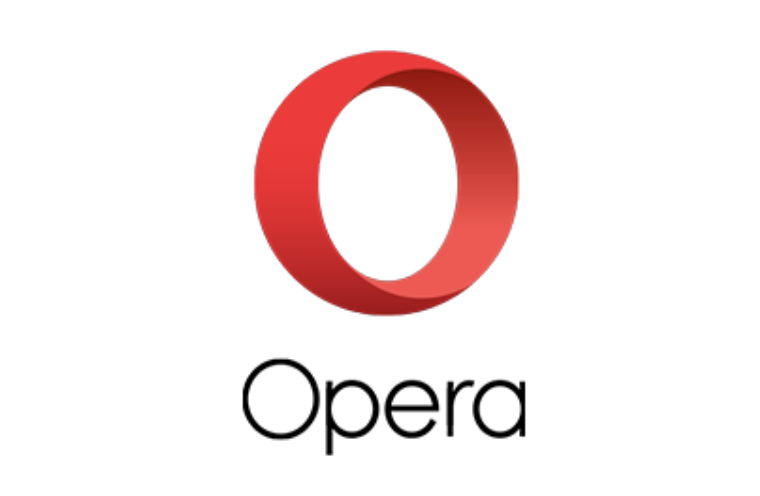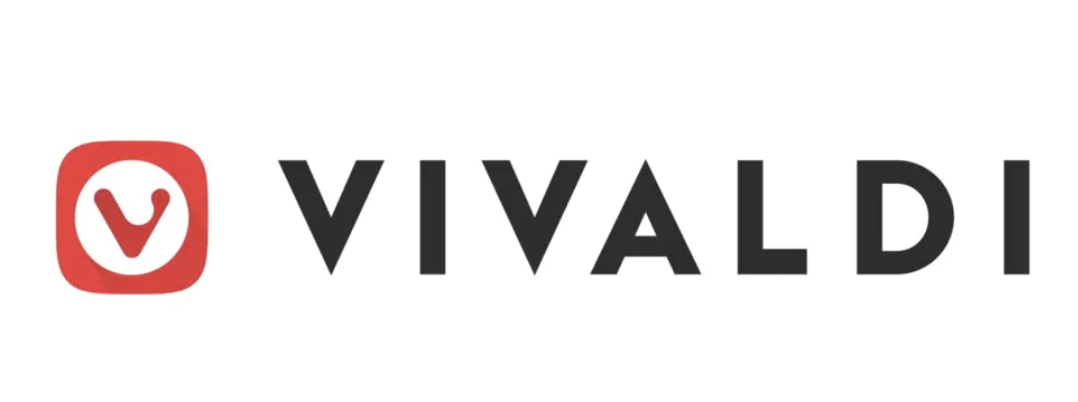
Zurück zum Hub
Blog
The 7 best web browsers in 2025

Mathieu Co-founder
Veröffentlicht am 8. Juni 2025Aktualisiert am 14. Nov. 2025
Compare the top 7 web browsers of 2025—Chrome, Safari, Firefox, Brave, Edge, Opera, and Vivaldi—for speed, privacy, and features to enhance your business workflow.
Your web browser is the foundation of your digital work, powering sales outreach, research, and team collaboration. In 2025, browsers compete on three key pillars: speed, privacy, and productivity tools. This guide evaluates the top 7 browsers—Google Chrome, Apple Safari, Mozilla Firefox, Brave, Microsoft Edge, Opera, and Vivaldi—based on performance, security, and features tailored for professional needs. Discover which browser best suits your team’s priorities.
1. Google Chrome: The Extension Powerhouse

Google Chrome dominates for professionals who rely on a vast extension ecosystem and fast, reliable performance. Its seamless syncing and AI-driven tools make it ideal for managing complex workflows, from CRM integration to prospecting. However, its resource demands and privacy concerns require careful evaluation.
Strengths:
Extensive Extension Library: Thousands of extensions, including sales and productivity tools.
Rapid Performance and Sync: Quick page loads with cross-device bookmark and password syncing.
AI Integration: Gemini AI enhances search and task automation.
Trade-offs:
High Memory Usage: Consumes significant RAM with multiple tabs.
Limited Privacy: Google’s data collection compromises user privacy.
2. Apple Safari: The Mac Efficiency Expert

Safari, Apple’s high-performance browser, excels in speed and battery efficiency for Mac, iPhone, and iPad users. Its robust privacy features and deep Apple ecosystem integration make it a top choice for Apple-centric businesses. Its exclusivity to Apple devices and smaller extension library are its main limitations.
Strengths:
Superior Speed and Efficiency: Leads in rendering and JavaScript with low battery drain.
Privacy by Default: Blocks trackers and cookies to minimize data exposure.
Apple Ecosystem Sync: Seamless handoff across Apple devices for fluid workflows.
Trade-offs:
Apple-Only: Unavailable on Windows or Android.
Fewer Extensions: Smaller selection compared to Chrome.
3. Mozilla Firefox: The Privacy Champion

Firefox is an independent, open-source browser prioritizing user privacy with its unique Gecko engine. Its lightweight design and security tools suit businesses handling sensitive data, though it’s slower than competitors. Firefox is a trusted option for teams valuing transparency and control.
Strengths:
Strong Privacy Protections: Enhanced Tracking Protection and minimal data collection.
Open-Source Independence: Non-Chromium engine free from Big Tech influence.
Useful Features: Includes PDF editor, tracker blocker, and read-it-later app.
Trade-offs:
Moderate Speed: Lags behind Chrome and Safari in benchmarks.
Smaller Extension Library: Robust but less extensive than Chrome’s.
4. Brave Browser: The Privacy Innovator

Brave redefines browsing with built-in ad and tracker blocking, offering a fast, private experience with Chrome’s extension compatibility. Its clean interface and performance edge make it perfect for research-heavy tasks. While its layout may feel unfamiliar, its security focus is unmatched.
Strengths:
Ad-Free Experience: Blocks ads and trackers, speeding up pages and reducing distractions.
Chrome Extension Support: Access to Chrome’s vast extension library.
High Performance: Excels on slow connections and heavy sites.
Trade-offs:
Unfamiliar Interface: Slightly different design may require adjustment.
Limited Extras: Focuses primarily on privacy, with fewer unique tools.
5. Microsoft Edge: The Productivity Hub

Microsoft Edge has evolved into a powerful browser for Windows users, with seamless Microsoft 365 integration and productivity tools like Collections and Copilot AI. Its efficiency and business-focused features make it ideal for Microsoft-centric teams, though privacy ties to Microsoft are a drawback.
Strengths:
Microsoft 365 Integration: Syncs with Teams, Outlook, and Office for streamlined workflows.
Productivity Tools: Collections, vertical tabs, and Copilot AI boost organization.
Low Resource Use: More memory-efficient than Chrome on Windows.
Trade-offs:
Windows-Optimized: Less effective on non-Windows platforms.
Privacy Concerns: Microsoft’s data practices may raise issues.
6. Opera: The Feature-Rich Multitool

Opera packs built-in tools like a VPN, ad blocker, and media streaming, reducing reliance on external apps. Its workspace organization and battery-saving mode cater to remote teams managing multiple projects. Its feature-heavy interface, however, may overwhelm users seeking simplicity.
Strengths:
Integrated Features: Free VPN, ad blocker, and music streaming (e.g., Spotify, Apple Music).
Workspace Organization: Groups tabs by context for better multitasking.
Battery Efficiency: Extends laptop battery life without performance loss.
Trade-offs:
Cluttered Interface: Busy design can feel complex.
Limited Native Extensions: Relies on Chrome extensions for added functionality.
7. Vivaldi: The Customization Master

Vivaldi is designed for power users who want total control over their browser’s interface and workflow. Its customizable UI and advanced tab management are perfect for technical teams tailoring their digital workspace. Its complexity and slower performance may not suit casual users.
Strengths:
Unparalleled Customization: Adjust UI, toolbars, and colors to your needs.
Advanced Tab Management: Split-screen, tab stacking, and workspaces for multitasking.
Productivity Tools: Notes, web panels, and screenshot features enhance workflows.
Trade-offs:
Steep Learning Curve: Complex for non-technical users.
Slower Performance: Lags on heavy websites compared to Chrome or Brave.
Performance Comparison Table 📊
Browser | Speed | Privacy | Memory Usage | Extensions | Best For |
|---|---|---|---|---|---|
Chrome | ⭐⭐⭐⭐⭐ | ⭐⭐ | ⭐⭐ | ⭐⭐⭐⭐⭐ | Extension power users |
Safari | ⭐⭐⭐⭐⭐ | ⭐⭐⭐⭐ | ⭐⭐⭐⭐⭐ | ⭐⭐⭐ | Mac users |
Firefox | ⭐⭐⭐ | ⭐⭐⭐⭐ | ⭐⭐⭐⭐ | ⭐⭐⭐⭐ | Privacy advocates |
Brave | ⭐⭐⭐⭐ | ⭐⭐⭐⭐⭐ | ⭐⭐⭐⭐ | ⭐⭐⭐⭐ | Ad-block enthusiasts |
Edge | ⭐⭐⭐⭐ | ⭐⭐⭐ | ⭐⭐⭐⭐⭐ | ⭐⭐⭐⭐ | Microsoft users |
Opera | ⭐⭐⭐ | ⭐⭐⭐ | ⭐⭐⭐⭐ | ⭐⭐⭐ | Feature collectors |
Vivaldi | ⭐⭐⭐ | ⭐⭐⭐ | ⭐⭐⭐ | ⭐⭐⭐⭐ | Customization lovers |
Browser Selection Insights
Choosing a browser involves balancing your team’s priorities. Chrome’s dominance stems from its extension ecosystem, but its privacy issues may push you toward Brave or Firefox for secure, ad-free browsing. Safari shines for Apple users, while Edge is a natural fit for Microsoft 365 environments. Opera’s built-in tools reduce app clutter, and Vivaldi’s customization appeals to those crafting a bespoke workspace. Consider your workflow—whether it’s extension-driven, privacy-focused, or ecosystem-dependent—and test multiple browsers to ensure compatibility with tools like CRMs or outreach platforms.
Choosing Your Browser
Your ideal browser aligns with your needs: Chrome for extensions, Safari for Apple efficiency, Firefox or Brave for privacy, Edge for Microsoft 365, Opera for built-in tools, or Vivaldi for customization. Import bookmarks, test key tools, and try different browsers to find the best fit for your workflow.
Frequently Asked Questions

Which browsers are the most efficient and secure?
Safari (macOS) and Edge (Windows) use minimal resources. Brave and Firefox lead in security with ad/tracker blocking and transparent privacy practices.
Which browser offers the best extension support?
Chrome provides thousands of extensions. Chromium-based browsers (Edge, Brave, Opera, Vivaldi) also support most Chrome extensions.
Should I worry about Chrome’s privacy issues?
Chrome’s data collection compromises privacy. For stronger protection, consider Brave for Chrome-like functionality or Firefox for an independent alternative.

Klare, transparente Preise ohne versteckte Kosten.
Keine Verpflichtung, Preise, die Ihnen helfen, Ihre Akquise zu steigern.
Credits(optional)
Sie benötigen keine Credits, wenn Sie nur E-Mails senden oder auf LinkedIn-Aktionen ausführen möchten
Können verwendet werden für:
E-Mails finden
KI-Aktion
Nummern finden
E-Mails verifizieren
€19pro Monat
1,000
5,000
10,000
50,000
100,000
1,000 Gefundene E-Mails
1,000 KI-Aktionen
20 Nummern
4,000 Verifizierungen
€19pro Monat
Entdecken Sie andere Artikel, die Sie interessieren könnten!
Alle Artikel ansehenSoftware
Veröffentlicht am 14. Mai 2024
7 Alternativen zu Folderly, um Ihre Zustellbarkeit im Jahr 2025 zu verbessern
 Marie Head Of Sales
Marie Head Of SalesWeiterlesen
Blog
Veröffentlicht am 5. Apr. 2025
FullEnrich: Bewertungen, Preise und Alternativen, um böse Überraschungen zu vermeiden
 Mathieu Co-founder
Mathieu Co-founderWeiterlesen
Software
Veröffentlicht am 31. März 2025
9 Alternativen zu UpLead, um Ihre Kundenakquise WIRKLICH anzukurbeln
 Niels Co-founder
Niels Co-founderWeiterlesen
Software
Veröffentlicht am 11. Juli 2024
8 Alternativen zu Expandi, um Ihre Akquisitionskosten zu senken
 Marie Head Of Sales
Marie Head Of SalesWeiterlesen
Software
Veröffentlicht am 22. Apr. 2024
Die 5 besten Alternativen zu Dropcontact für eine bessere B2B-Kundenakquise
 Marie Head Of Sales
Marie Head Of SalesWeiterlesen
Software
Veröffentlicht am 14. Juli 2024
6 Alternativen zu Skylead, um Kosten zu sparen und Ihre Lead-Generierung zu verbessern
 Marie Head Of Sales
Marie Head Of SalesWeiterlesen
Made with ❤ for Growth Marketers by Growth Marketers
Copyright © 2026 Emelia All Rights Reserved
